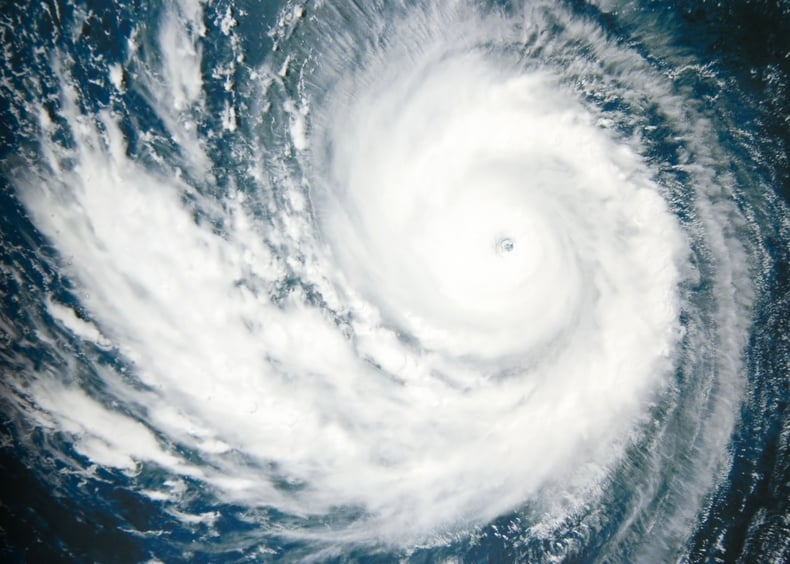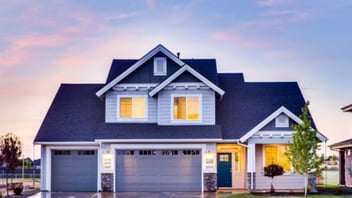This year hurricane season runs from June 1st to November 30th.
The experts at RBN want to help keep you safe, protect your property and make sure you have adequate insurance in the event that you need to file a claim.
If a storm develops, the National Oceanic and Atmospheric Administration (NOAA), Federal Emergency Management Agency, and state and local authorities will provide updates to keep you aware of the storm's path and issue evacuation orders.
Preparing for the storm:
Understanding your insurance policy:
Make sure you are covered- talk with your insurance broker to understand how your insurance works in the event of a hurricane. When a hurricane strikes, it can damage property in a number of ways, including through wind, flood, and power outages. The nature of the damage affects the way your policies will pay.
Questions to ask your broker before the storm:
- What is my deductible?
- What is covered in the deductible and under my policy?
- Are there any exclusions in my policy?
- Does your policy cover named storms?
- Have they received any changes or notices of change in your coverage?
- If my property is affected, how do I file a claim?
Preparing your property:
- Close any storm shutters you have.
- Move all outdoor items inside, move furniture and valuables to a higher elevation, if your home lies in a flood zone.
- Periodically document what you have in your home- you can use your phone to take photos or take a video of your belongings and your home's condition, which can be useful if you need to make an insurance claim.
- Store important documents: birth certificates, and social security cards in water-tight containers.
- If you have a generator, make sure it is serviced before the storm.
- If you plan to use a generator, make sure you have carbon monoxide detectors - they are crucial when running a generator.
- If you can, cut down any hanging branches that could fall
- Hurricane-proof your exterior doors, adding a deadbolt lock and having at least three hinges will help make your door more hurricane-proof. If you can't do that you can install storm shutters or use plywood.
- If you are relocating, take your vehicles with you or transport them to another area more inland if possible.
- If you own boats or watercraft, move them to a secure location as early as possible.
- Check your garage - protecting your garage is crucial to protecting the structural integrity of your home or building. Check to make sure your garage can withstand hurricane-force winds and debris. If the door cables are old, consider replacing them. Your garage is likely the largest open space in your house. Doors or windows failing is known as building envelope breach, which happens when air pressure builds up inside. The force of the air pressure could easily compromise the rest of your home and blow off your roof.
- Build an emergency kit
Your emergency kit should include:
- Emergency supplies
- Nonperishable food
- Water
- Your medications / first aid supplies
- NOAA radio
- Flashlights
Prepare yourself:
- Establish and know your evacuation route - determine if and where you would go during a hurricane and the route you would take to get there.
- Determine your party. Who needs to come with you? Do you have pets that need to come with you?
- Develop a family communication plan: how will you contact each other? What if you get separated? Plan for these situations.
- Keep all of your devices fully charged
- Don't wait! If you're told to evacuate for a hurricane - do it right away. Your life may depend on it.
During the storm:
- Make sure your home is completely secure and do not go outside during the storm.
- Turn off all gas lines and consider turning off all other utilities.
- Monitor weather developments
- Shelter away from doors and windows. Stay on the lower level of your home, away from high winds, if the area is safe. If your home is flooding, move to higher ground in your home.
After the storm:
Do not leave your home until the authorities declare it safe to do so. Even if it seems calm outside, it may not be safe to be outdoors yet - this may be the eye of the storm.
- Document damage to the outside of your home. Call your home insurer to file a claim as soon as you can. Insurers are often inundated with calls following natural disasters.
- Do not turn on your gas, electricity, plumbing or heating, ventilating, or air conditioning system until you confirm there is no damage to the lines.
At RBN we are here to help you protect yourself and your property. If you have any questions please reach out.



